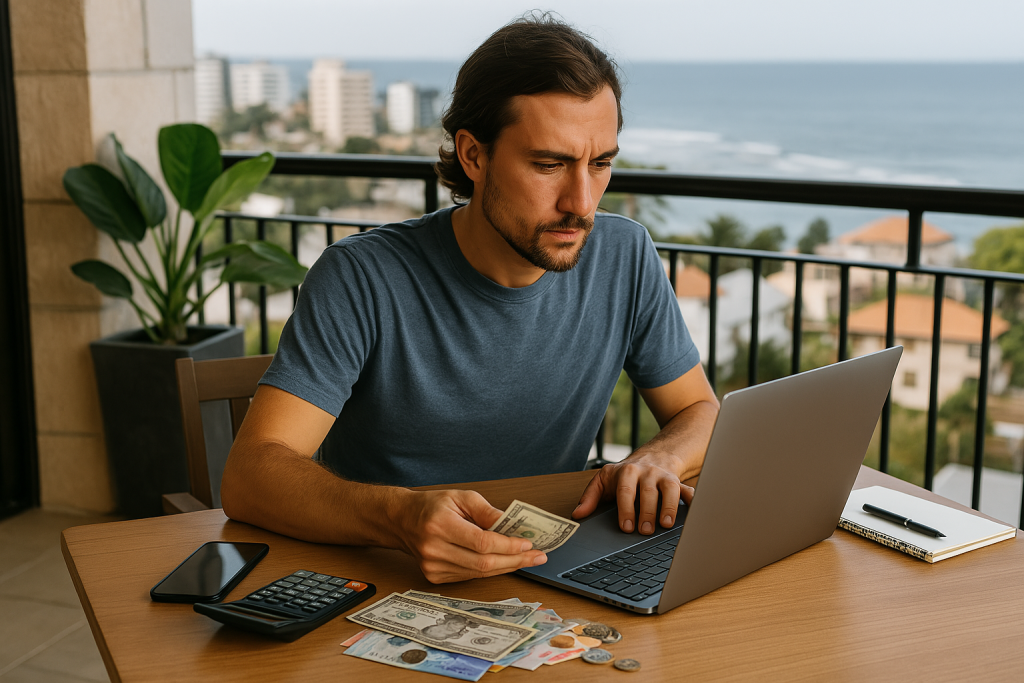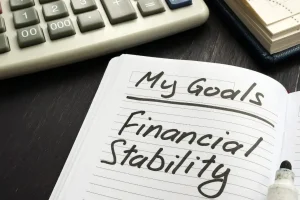Living as a digital nomad gives you freedom and flexibility to work from anywhere. But managing your finances for digital nomads requires more than just booking flights or paying for Wi-Fi. It takes real planning to handle different currencies, banks, and regulations across borders. Without that structure, the lifestyle quickly becomes overwhelming and unsustainable.
Exchange rates, international fees, and different tax systems can drain your income fast. The way you manage finances for digital nomads impacts how long and comfortably you can stay abroad. In this guide, we’ll cover real strategies to manage your income and spending.
Why financial planning is different for nomads?

Being a digital nomad means your financial life is always in motion. You switch countries, currencies, and costs regularly, which makes stability a challenge. A traditional banking model often can’t keep up with your lifestyle. That’s why digital-first and global-friendly tools are essential from day one.
Without preparation, you’ll run into unnecessary fees, blocked accounts, or issues accessing your funds. Planning your finances for digital nomads ensures that you’re ready for the realities of global living. It also gives you peace of mind so you can focus more on the adventure. Money management is freedom in disguise.
The hidden cost of currency conversion
Every withdrawal or transfer across borders chips away at your earnings. Even a 3% fee on frequent transactions adds up fast over time. When you travel full time, reducing these costs becomes essential to maintaining your budget. Choosing smart platforms can help minimize losses.
Choosing the right banking tools abroad
One of the most important choices you’ll make as a nomad is how you handle your banking. Finances for digital nomads require flexibility and global access. A local bank might not work once you’re moving between cities every few weeks. You need modern options designed for mobility.
Look for digital banks or fintechs with low fees and strong global support. Apps like Wise, Revolut, and N26 offer multi-currency wallets and fast transfers. These tools let you get paid, spend, and save—all from the same account. You don’t need borders for your money to move freely.
What makes a bank nomad-friendly
Choose banks that support multi-currency balances and have no fees for foreign transactions. Also look for reliable apps, responsive support, and fraud protection tools. A smart banking setup makes your day-to-day decisions easier no matter where you are.
Budgeting in a world of changing costs
It’s tough to build a budget when your cost of living changes every month. Rent in Bali is not the same as Berlin. But a strong budget still plays a huge role in healthy finances for digital nomads. Even a flexible framework is better than guesswork or overconfidence.
Plan a core monthly budget and leave room for local price shifts. Track everything, especially in your first weeks in a new country. Over time, you’ll build instincts for what’s reasonable. Good budgeting means more freedom to explore, not less. Your money should work for you.
Use apps to stay consistent
Apps like Trail Wallet, Spendee or YNAB are popular among travelers. They help track multiple currencies and separate personal from business expenses. Once you see your numbers clearly, your finances for digital nomads become much easier to handle every day.
Dealing with taxes while abroad
Taxes are one of the most confusing parts of long-term travel. Depending on your citizenship and location, you might owe taxes in several countries. It’s easy to forget these responsibilities when you’re moving around. But ignoring them creates big problems down the line.
Work with a tax advisor who understands expat finances. It’s worth the investment, especially if your income is international. Finances for digital nomads need long-term thinking—and taxes are a huge part of that. Avoiding stress later starts with smart planning today.
Avoiding double taxation legally
Many countries have tax treaties that protect you from being taxed twice on the same income. Learn if your home country offers that kind of agreement. If so, you can optimize your income and avoid paying more than you should in each place you visit.
Getting paid across different borders
Most nomads work online for global clients or companies. That means payments in different currencies and through various platforms. Choosing the right setup reduces fees and delays. A bad system can eat into your income and leave you waiting for cash you need now.
Platforms like Payoneer, Wise, or Deel offer international payment options made for freelancers. Use one as your main business hub. Keeping finances for digital nomads organized helps prevent mistakes—and makes it easier to scale your earnings over time.
Professional invoicing builds trust
Create simple, clean invoices that include full international bank details. Make it easy for clients to pay you no matter where they’re based. Add your currency preference to avoid surprises. It’s a small move that leads to faster payments.
Saving and investing while traveling
You don’t need to stop saving just because you’re on the road. In fact, your lifestyle makes it even more important. Emergency funds, retirement accounts, or small investments should be part of your finances for digital nomads. Security and freedom go hand in hand.
Use international-friendly apps or keep your investments at home if that’s simpler. Automate transfers when possible. Even small consistent contributions build long-term peace of mind. The future doesn’t pause just because you’re living abroad.
Emergency funds should be accessible
Always have access to at least three months of living expenses. Store this money in a stable currency and account with reliable digital access. That way, a delayed payment or medical issue won’t send you into panic mode in a foreign country.
Protecting your health and your money
One of the biggest risks on the road is getting sick without insurance. Many countries don’t offer free care, and private costs can be high. Reliable insurance is a must-have in the finances for digital nomads playbook. Think of it as a financial shield.
Choose providers that understand nomad life—like SafetyWing or World Nomads. Look for global coverage, evacuation options, and solid reviews. A plan that travels with you gives peace of mind in unfamiliar places. Your health is part of your budget too.
Add security layers to your setup
Use two bank cards, enable 2FA on your accounts, and store copies of everything safely online. If something is stolen or blocked, you’ll still have access. Being prepared doesn’t take much, and it saves you when things go wrong on the road.
Staying grounded in a flexible lifestyle
Nomad life can feel exciting, but it’s easy to lose control. The thrill of new places sometimes leads to overspending or bad financial habits. The more you travel, the more you need structure. Good finances for digital nomads protect your freedom—not limit it.
Avoid comparing yourself to others online. Focus on what makes sense for your budget, goals, and pace. Lifestyle inflation is tempting, especially in cheap destinations. But your long-term dreams need attention too. Spend smart, and you can keep going longer.



